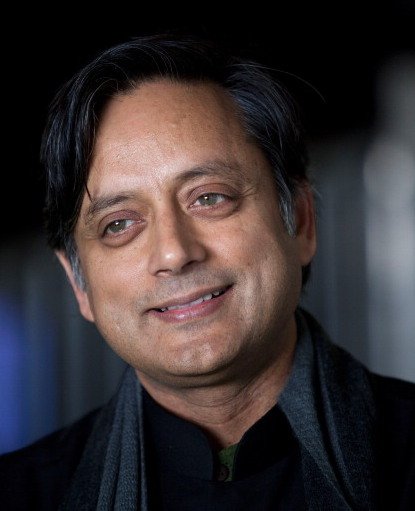India is the only country that has an official acronym for its expatriates- NRIs or “Non-Resident Indians”. In my book, India: From Midnight to Millennium I had suggested, only half-jokingly, that the question is whether NRI should stand for ‘Not Really Indian’ or, instead, ‘Never Relinquished India’. But in reality, given the remarkable achievements of our expatriates and the extraordinary impact they have had in their adopted communities across the world, I think it is fair to say that they fall into a third bracket: the National Reserve of India.

The global Indian community represents a strong sense of Indianness, (borrowing a phrase from our former Prime Minister Dr Manmohan Singh), a sense that reflects the very ethos of India– our heritage as a diverse and democratic country, open to the contention of ideas and interests within it, unafraid of the prowess or the products of the outside world, wedded to the democratic pluralism that is our greatest strength and determined to liberate and fulfil the creative energies of its people. Our diaspora is special not only for their economic success but for also being recognised as pioneers in innovation, for their capacity for entrepreneurship and for the diversity that they represent. The presence of successful and influential Indians in so many countries is also a source of direct support for India for our country receives billions of dollars as remittances and several other economic benefits and investments that collectively drive a large part of our growth as a nation.
India’s engagement with its global community is symbiotic, the strands of both sides of the relationship are equally important to create a resilient and robust bond. Last year, India held the first-ever conference for PIO-Parliamentarian from across the world, there have also been efforts to organise Pravasi Bharatiya Divas across the world to celebrate the global Indian community. There are ongoing programmes launched by the government including the Know India Programme (KIP), Scholarship Programme for Diaspora Children (SPDC) and the PBD conventions that allow the global Indian community to engage with the Indian Government and express their interests and concerns. The key to all of this is for the government to maintain and promote positive relations with the global Indian community and the countries they reside in. This must be done through mutual cooperation, socio-culture exchanges and good economic relations of trade and commerce and ultimately, a commitment towards a long-term, mutually prosperous future that will benefit both India and the global Indian community.
By Dr Shashi Tharoor for the Global Indian Series
The presence of successful and influential Indians in so many countries is also a source of direct support for India
If you like this, you will love these podcast
THE PIONEER WHO CHANGED BRITAIN- USHA PRASHAR (globalindianseries.com)
Risking my life for a conscience vote | Big Oil Guyana – Charrandas Persaud (globalindianseries.com)
-------------------------------









